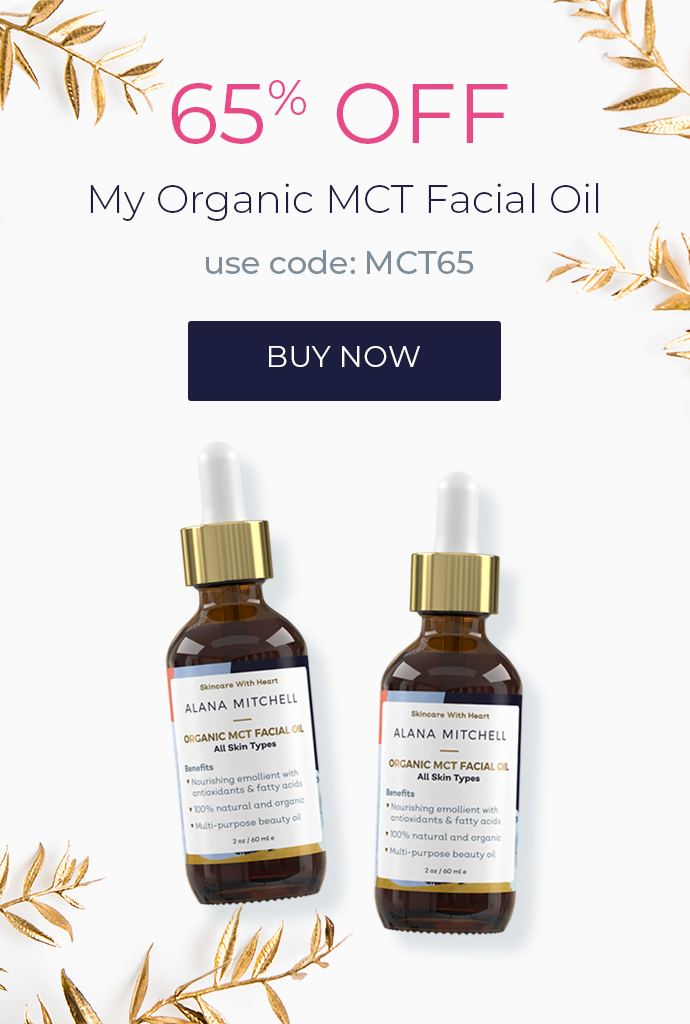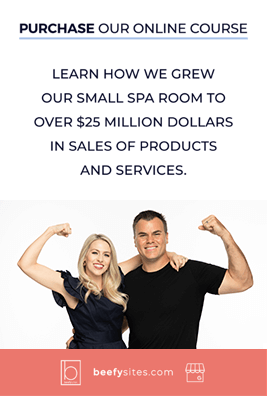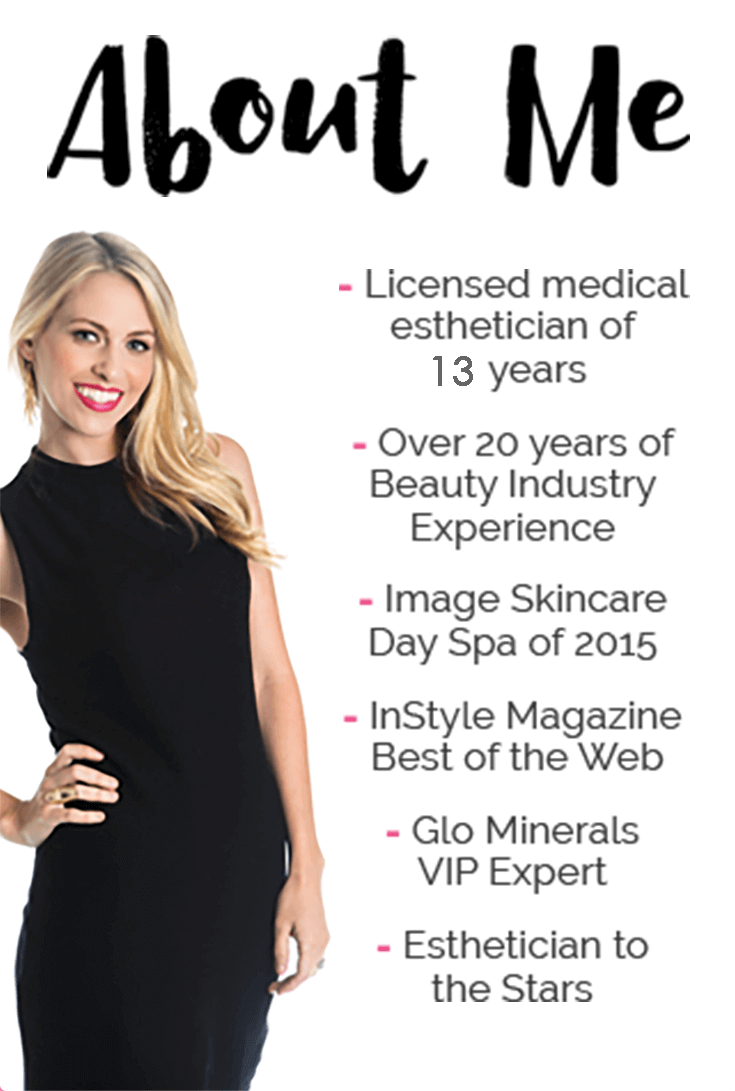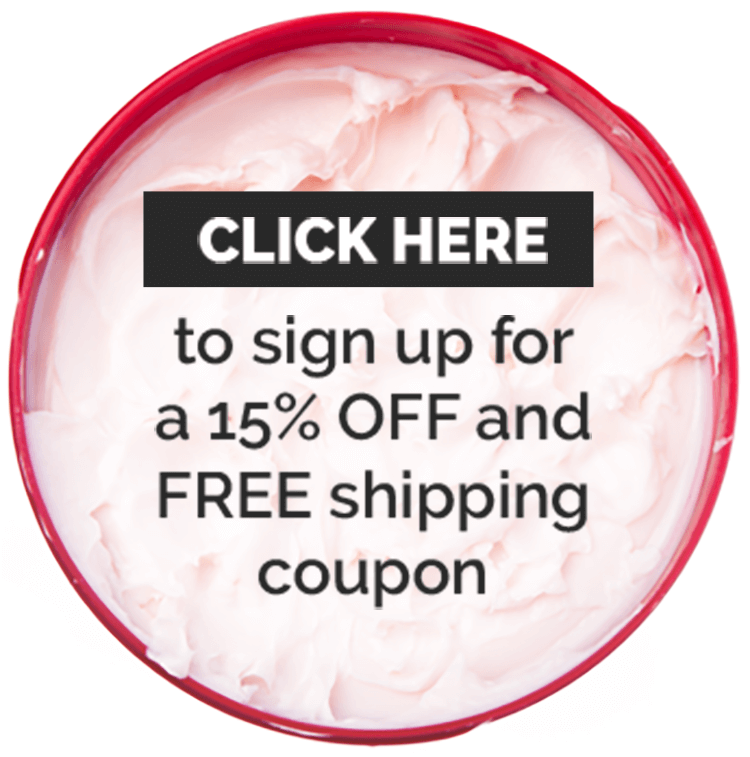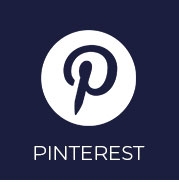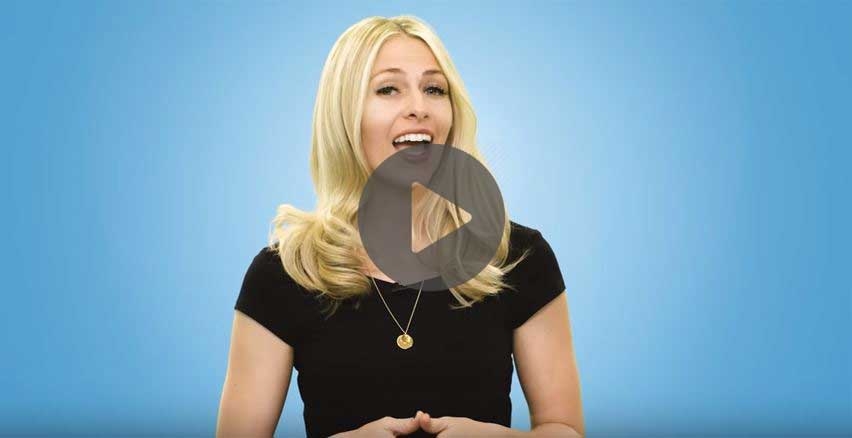What Should You Be Using In Your Skin Care Routine?
Take my quiz and get personalized recommendations from a
licensed esthetician!
What Skincare Products Are Cruelty-Free and Paraben-Free?
Due to the power of search engines, social media, and customer reviews, today's consumers are more informed than ever before.
Combined with society's growing awareness of health and wellness, there is a desire for more natural, "clean" skincare and beauty products -- particularly paraben-free and cruelty-free products.

And CVS is working to get rid of chemical ingredients like parabens and phthalates in 600 in-house products.
So, why are consumers pushing paraben-free and cruelty-free?
What exactly do these phrases mean?
Sit tight, because I'm going to explain everything.
Plus, I'm going to recommend some of my favorite products and brands that fall under these categories.
Let's get started!

What Are Parabens?
Used since the 1950s, parabens are synthetic preservatives used in cosmetic and personal care products such as deodorants, moisturizers, and shampoos.
About 85% of cosmetics have them.
They keep your favorite products “fresh” for months in your medicine cabinet and prevent bacteria, mold, and fungi growth.
The most commonly used are butylparaben, propylparaben, methylparaben, and ethylparaben.
Typically, product labels will list more than one paraben in a formula, and parabens are often used with other preservatives to fight against a broad range of microorganisms.
Why Are People Wary of Parabens?
It is possible for parabens to disrupt functions of the endocrine system by mimicking estrogen, which interferes with regular hormone production.
Some researchers suggest that this could potentially lead to reproductive complications.
A 2004 research paper revealed that it is possible for parabens to pass through your skin and into your body.
However, there wasn't enough evidence to conclude that parabens caused an increased cancer risk.
It's not just human health that's a concern, however.
Marine researchers have also reported links between paraben dangers and the environment.
Parabens in chemical sunscreens can damage coral reefs.
Hawaii recently banned the use of chemical sunscreens.
Additionally, parabens have been found in the tissue of sea animals, including bottlenose dolphins.
Suffice to say, parabens are no joke!

What Does the FDA Say About Parabens?
The FDA does not regulate the use of parabens in cosmetics.
The law treats preservatives/parabens the same as other cosmetic ingredients, and under the Federal Food, Drug, and Cosmetic Act, they do not need FDA approval before they go on the market.
The main requirement is that cosmetics must be labeled properly.
This has definitely raised eyebrows among consumers, health specialists, and beauty professionals like myself, with many people advocating for updated laws.
Activist groups like EWG research and advocate against the use of parabens and share their findings with the public.
According to the FDA's website, "FDA scientists continue to review published studies on the safety of parabens. At this time, we do not have information showing that parabens as they are used in cosmetics have an effect on human health."
My Stance on Parabens
After doing much research when creating my skincare line, I have personally chosen to make all products paraben-free.
I'm not a fan.
To me, the cons outweigh the pros.
Instead, there are many natural preservatives that are great alternatives to parabens, like leuconostoc, that I feel much more comfortable using!

My Favorite Paraben-Free Products
I'm bringing you the best paraben-free skincare with my recommendations!
Below is a list of paraben-free brands so you can shop confidently.
For easy reference, I'm bolding brands that are also cruelty-free (which I will discuss later in this article).
Here are some standout paraben-free products!
Alana Mitchell Daily Vitamin C Moisturizer
Say hello to an even skin tone with this fast-absorbing, non-greasy daily moisturizer. It brightens your complexion and encourages collagen production with 20% vitamin C for anti-aging benefits. This is my favorite paraben-free moisturizer!
Glo Skin Beauty Satin Cream Foundation
This is the best paraben-free makeup! Achieve smooth, buildable coverage with a satin finish. The formula is noncomedogenic and fortified with vitamins, A, C, E, and green tea extract.
Alana Mitchell Full Spectrum Hemp Relief Body Lotion
This paraben-free lotion is ideal for use after your workout, sitting at your desk for too long, a night out in high heels, and more! It moisturizes and restores skin while providing relief against symptoms of inflammation in the body.
Rhonda Allison Drops of Essence Hydration Drops
Omega-6 fatty acids provide healing, rich hydration, and smooth signs of unevenness on your skin for a beautifully glowing and uniform look. The formula penetrates deep into your skin’s layers to moisturize and heal.
What Does "Cruelty-Free" Mean?
According to ProCon.org, an estimated 26 million animals are used every year in the U.S. for scientific and commercial testing.
Today's subjects are usually mice, rats, rabbits, and guinea pigs.
Research on living animals has been conducted since ancient times (estimated 500 B.C.!).
Animal testing is conducted to check the safety of skincare products and possible allergic reactions they may cause.
In the medical field, animal testing is used to test the toxicity of medications and safety for human consumption.
Therefore, "cruelty-free" or "no animal testing" claims should indicate that the formula is not tested on animals before being sold for human use.
However, these claims can be cloudy (which I'll dive into more in a minute).
According to the FDA, "Some companies may apply such claims solely to their finished cosmetic products. However, these companies may rely on raw material suppliers or contract laboratories to perform any animal testing necessary to substantiate product or ingredient safety."
So, the finished product wouldn't necessarily be cruelty-free.
Other companies may use scientific literature, raw material safety testing, or controlled human-use testing to confirm their product safety.

Why Are People Wary of Animal Testing?
The biggest argument against animal testing is that it's unethical.
Animals can't oppose the treatment that they receive.
Whether it's for skincare or a pharmaceutical drug, the process and conditions are often painful for the animals and can cause suffering.
For example, animals don't get many of the same diseases that humans do, such as HIV and Parkinson's, so they must be artificially induced into the animal.
For skin and eye irritation tests, chemicals are rubbed onto the shaved skin or dripped into the eyes of animals without any pain relief.
And, unfortunately, at the end of such testing, the animals are killed.
There are more humane non-animal research methods available, such as human-based microdosing, human-patient simulators, and computer modeling.
Such methods are also cheaper and more time-efficient than animal testing (we're talking days vs. months).
Another argument against animal testing is that they have scientific limitations, as animals can respond differently to chemicals than humans.
What Does the FDA Say About Cruelty-Free?
Animal testing is legal in the U.S., but not required.
A company can claim that their products are "cruelty-free" and "not tested on animals," even if those claims are false.
These phrases have unrestricted use.
This is because the FDA does not recognize an official legal definition for these terms.
So, you could purchase a product that's labeled cruelty-free, even when it truly isn't.
This really gets under my skin!!
I've written about these frustrating false claims and advertising practices before.
If you're bummed out about the FDA's lack of regulation, here's some good news.
In 2018, California (where I'm based) passed SB 1249, a bill that bans the sale of ANY cosmetics tested on animals.
It goes into effect in 2020!
And thankfully, brands and organizations are making it a bit easier for consumers to know whether the products they're buying are truly cruelty-free.
You're probably familiar with one of these bunny illustrations.

There are three logos by animal rights organizations that show a product is officially certified cruelty-free: the Leaping Bunny logo, PETA’s cruelty-free logo, and the Choose Cruelty-Free logo.
Products that display these logos must go through a certification process and prove that they do not use animals in any product stage.
Now, some products are officially licensed by one of these three organizations, but may not display a logo on the packaging.
This is because it costs an extra fee to display.
So, when it comes to the “cruelty-free” phrase or logo (or lack thereof), the bottom line is to do your research!
Animal Testing in Other Parts of the World
It may surprise you to learn that animal testing is required by law in China for all foreign cosmetics companies that are manufactured outside of China.
This means that American and European cosmetic brands that are sold in China must conduct animal testing (Benefit Cosmetics, Estee Lauder, etc.).
The Chinese cosmetics market is very attractive to such brands, as last year alone it was worth over $26 billion.
As of 2014, cosmetics manufactured within China do not have to undergo animal testing.
With this info, I again urge you to do your research before buying.

My Stance on Cruelty-Free
All of my products are proudly cruelty-free!
I am too, too much of an animal lover to ever test skincare products on them.
We have the sweetest pet bunny at home, and I can't imagine her having to endure such a process.
I believe that there are other, better ways to test the efficacy and safety of skincare products.
And there are already thousands of ingredients available that have a history of safe use on humans, without having to be tested on animals.
I hope that companies will continue to invest in developing alternative non-animal tests for new ingredients.
My Favorite Cruelty-Free Products
I'm bringing you the best cruelty-free skincare with my recommendations!
Below is a list of cruelty-free brands so you can shop confidently.
For easy reference, I'm bolding brands that are also paraben-free.
Here are some brands with variations of "cruelty-free":
- Tu'el (Packaging doesn't say cruelty-free, but they do not test on animals)
- Rhonda Allison (They do not test on animals, but some products contain animal byproducts)
- Bioelements (Packaging doesn't say cruelty-free, but they do not test on animals)
- Osmosis (Most products are cruelty-free; check the label)
Here are some standout products!
Alana Mitchell Foaming Pumpkin Cleanser
This is the perfect start to any skincare regimen! This daily pore-refining cleanser is great for all skin types. Aloe, carrot seed oil, and ginger cleanse and refresh your skin for a glow.
Image Skincare Conceal Flawless Foundation
I LOVE this cruelty-free makeup! It helps you achieve a natural, "no makeup" look with a glowing, even skin tone, while SPF 30 protects against harmful UV rays and aging signs. It also gets points in my book for easily covering hyperpigmentation.
This face and eye mask comes to the rescue for skin worn down by age, stress, and lifestyle. White truffle, caffeine, and murumuru butter provide stimulating, instant radiance and help increase your skin's elasticity by 35% and moisturization by 48%!

Alana Mitchell Anti-Aging Peptide Eye Cream
Say goodbye to fine lines, wrinkles, and dullness around your eyes with this peptides! This moisturizing and firming cream absorbs quickly into your skin and doesn't leave behind greasiness.
Final Thoughts
According to in-house research, 54% of Sephora skincare shoppers think it's important that their products "have a point of view on clean."
The demand for "green" and "all-natural" skincare is growing -- and with it, the demand for paraben-free and cruelty-free skincare products.
I, for one, support this movement, and my products reflect that.
I do want to make one thing clear, beauties.
The point of my article isn't to scare you into buying paraben-free and cruelty-free products.
I want to give you accurate information and my expert insight so you can make the right choices for you and your family.
I hope my product recommendations help you have the best natural skin care routine!
Any brands that I forgot to mention? What's your opinion on paraben-free and cruelty-free skincare? Let me know in the comments!
Top Brands
New Brands
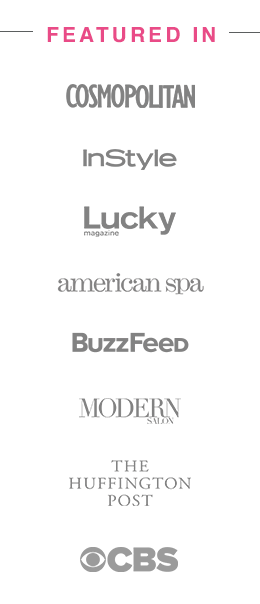
Recent Posts
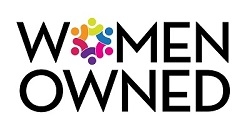
Are You Taking the Right Steps to Care for Your Skin?
Take the Quiz
Skincare Secrets!
10-step guide for healthy, beautiful skin after kids.
100% privacy. I will never spam you!








